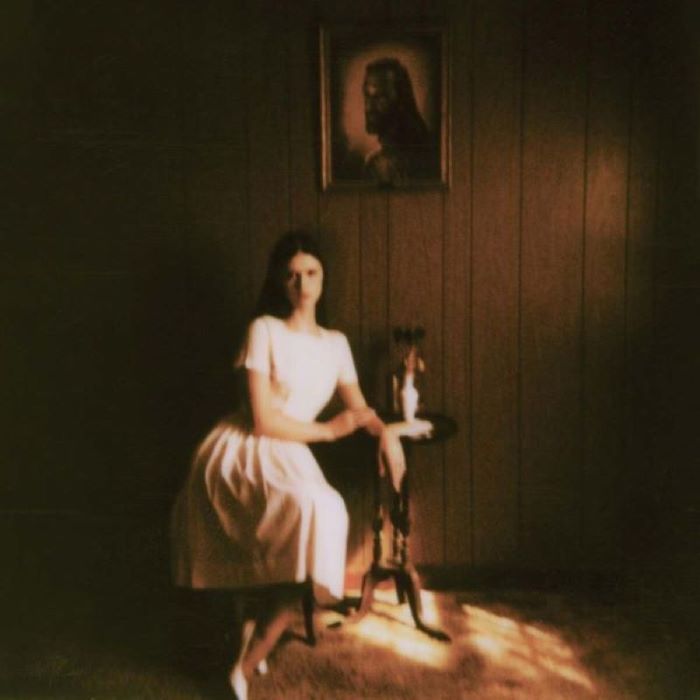
“Sun Bleached Flies” by Ethel Cain is a haunting track. With its soulful melodies and vulnerable lyrics, Cain explores themes of longing, resilience, and personal growth. This song is the second to last on the album “Preachers Daughter” which weaves a story of a girl stuck in a cycle of religious and relational abuse, ultimately ending with the narrator succumbing to death at the hands of her partner. While also a stage name, Ethel Cain is the name of the narrator in this album.
In this song, the narrator has already died and is reflecting on her life experiences. She describes the turmoil women in the church feel - “Sun bleached flies sitting in the windowsill/Waiting for the day they escape/They talk all about that money and how their babies are always changing while they're/breathing in the poison of the pain” - Sun bleached flies in this line refers to women who belong to the church, they are sitting and waiting for their freedom that might never come. They are tied down by their children and husbands, never knowing true freedom without the expectations of their religious community. “Breathing in the poison of the pain” refers to the women's children observing and internalizing the toxic ideas that are perpetuated by their mothers, furthering the cycle of oppression.
Although Ethel sees the toxicity of the church, she longs for the sense of safety and home it provided for her, as seen in the line, “What I wouldn't give to be in Church this Sunday”. At the same time, she is still critiquing the teachings of her church, “God loves you, but not enough to save you.” Ethel points out the hypocrisy of God, the fact that he is supposed to love everyone but will not do anything to help those he loves to survive and flourish.
Ethel shows her resilience in the face of danger, saying “If they strike once then you just hit 'em twice as hard”, she has been raised to fight back. She realizes that that mindset will only continue the cycle of abuse, “But in the end, if I bend under the weight that they gave me/Then this heart would break and fall as twice as far”, Ethel knows that if she lashes out she will only face worse repercussions for her actions. So she won't fight back or bend to others' expectations.
She refuses to go back home, thinking they would all perceive the internal battles she had gone through, she sings, “But I still feel like they all know, and that's why I can never go back home”. Cain struggles with the thought that others can see her pain even if she's trying to hide it. She eventually decides it is “Time [she] put up a fight”, aiming to reclaim her agency. This leads into the second chorus where she falls back on her religious upbringing, “But I always knew that in the end no one was coming to save me/So I just prayed and I keep praying and praying and praying.” She knows no one will save her, but holds onto the hope that maybe God will pull through for her.
After all of her deconstruction of religious beliefs, Ethel still falls back on it as a safety blanket because it's all she knows - “If it's meant to be then it will be/So I met him there and told him I believe” - Cain is coming to terms with the fact that believing in God means knowing that He might have horrible things in store for her, maturing in spiritual beliefs means accepting this fact. She describes her inability to let go of broken things in the last line, “I can't let go when something's broken/It's all I know and it's all I want now.” Ethel knows that the religious ideas she was raised with are somewhat broken, but she refuses to let go of them because it's all she knows and it's the only thing that can bring her comfort as she passes away. She clings to what she knows, which is the longing for healing.